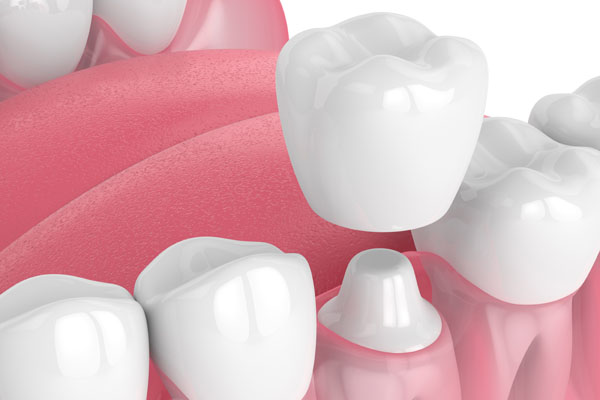Your Guide to Keeping Away Cavities

Avoiding cavities, also commonly known as tooth decay, is one of the more important things someone can do to ensure their overall good oral health. When someone is diagnosed with a cavity, it means that they have permanently damaged the tooth. In order for them to have their tooth fixed, they will need to make an appointment with a dentist to have the cavity filled. This dental filling is necessary in order to protect the tooth from being lost, as the integrity of the tooth has been jeopardized. Teeth are meant to last an entire lifetime and when one of them has a cavity, there is a possibility that it will be lost forever.
About cavities
What causes cavities?
A cavity is caused when plaque is not removed from the teeth in a timely manner. This is why it is so essential for everyone to brush their teeth at least twice a day, as this helps to remove any plaque buildup on the teeth. Plaque contains acids that harm a tooth’s enamel, which is what protects the tooth from any outside elements that can jeopardize its overall health. Once plaque is able to infiltrate past the enamel of the tooth, it is only a matter of time before a cavity forms.
Keeping away cavities
There are quite a few preventative measures that someone can do in order to avoid being diagnosed with one or more cavities in their mouth. Those looking for ways to keep away cavities should utilize as many of these preventative measures as possible, as this will give them the highest chances of success when it comes to having a cavity-free mouth.
The following list includes many things someone can do to avoid being diagnosed with cavities:
- Brush the teeth using a soft-bristled toothbrush and a fluoridated toothpaste a minimum of two times a day.
- Floss the teeth at least once a day, which helps to remove any food particles stuck in between the teeth.
- Consume foods and drinks that support healthy teeth, like fruits and vegetables. Consuming foods and drinks that are full of unhealthy sugars is one of the quickest ways someone can be diagnosed with a cavity.
- Dental sealants can be used to protect the teeth from outside elements. In fact, the Center for Disease Control and Prevention recommends that sealants be used for all school-age children, as they last for many years.
- Fluoride treatments can help protect the teeth. These treatments are important for those who are not getting their recommended amount of fluoride, as insufficient fluoride is a leading cause of tooth decay.
- Make regular dental appointments, as this allows a dentist to find cavities in their earliest stages. This helps to prevent a cavity from becoming so bad that it jeopardizes the overall health of the tooth.
Got cavities?
Once someone is diagnosed with cavities, they will need their cavities filled in order to stop the damage. When a cavity is not addressed as soon as possible, it will only continue to get worse, which can easily lead to the loss of the tooth. Once a tooth is lost, it is lost forever! A missing tooth requires a replacement, as a healthy mouth is one that has a full set of teeth.
Request an appointment here: https://gkdentaloffice.com or call GK Dental PC at (617) 826-6075 for an appointment in our Everett office.
Check out what others are saying about our services on Yelp: Read our Yelp reviews.
Recent Posts
Dental restorations have been used for thousands of years. In fact, a 2012 article published by The New York Times details the discovery of a 6,500-year-old human jawbone. Considered the earliest evidence of dental fillings, it had beeswax in one tooth, which researchers believe was to ease the pain of a crack. These days, restorations…
Crowns are commonly used in dental restorations. A crown is a cap shaped like a tooth but hollow in the middle. It fits over a natural tooth that has to be prepared first. Depending on the issue it is correcting, a crown can be used by itself or as a component of another restoration technique.Teeth…
Regular dental checkups are vital to keeping your teeth and gums healthy. You should visit your family dentist at least once every six months. This includes both adults and children alike. Routine dental appointments are essential for good oral health and they offer many important benefits.Tartar removal is an important step in dental appointments that…
Restorative dentistry refers to any type of dental procedure that a dentist performs to restore a damaged or missing tooth. Dental restorations can encompass several procedures that vary in terms of invasiveness, complexity, and what they can accomplish. However, the overreaching goal of all restorative procedures is to improve the health, function, and appearance of…


